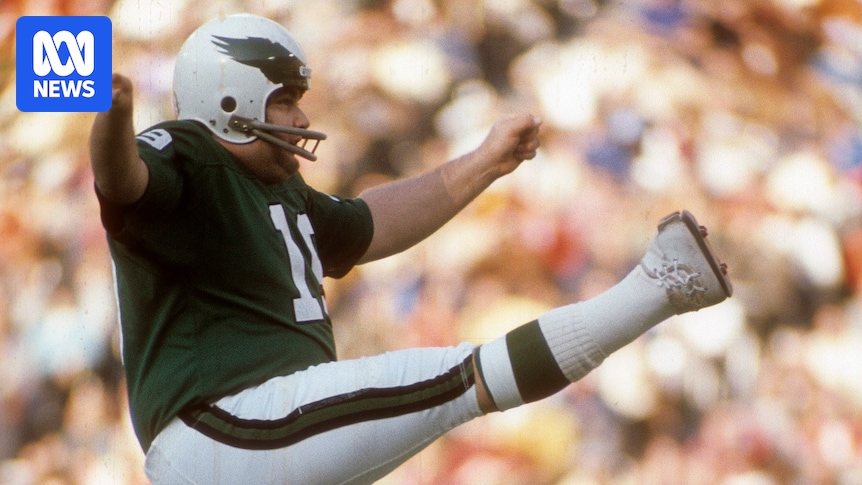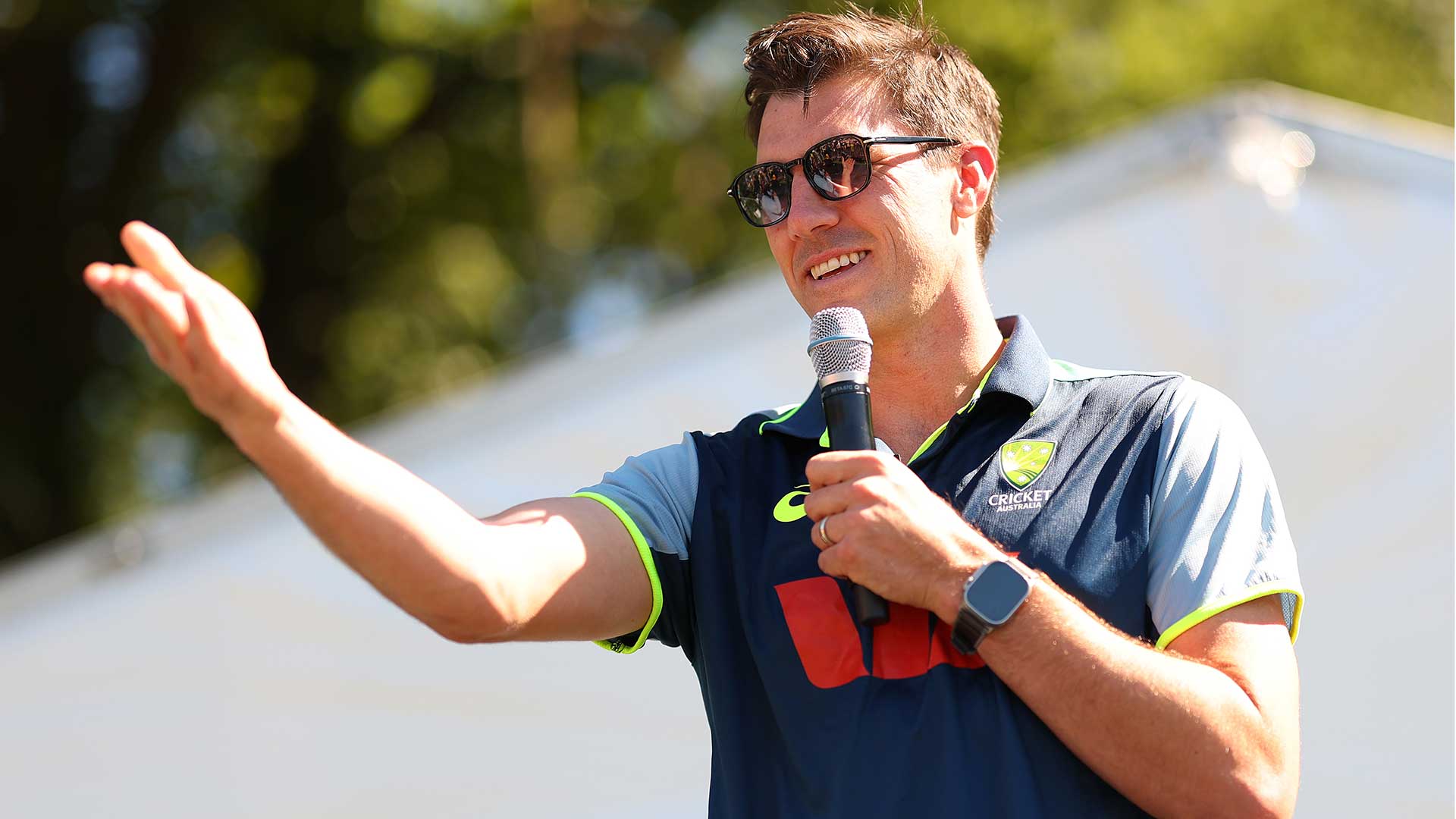
Even 55 years on, Tom Dempsey’s iconic field goal remains one of those otherworldly, scarcely believable sporting moments. In 1970, the New Orleans Saints were in turmoil, having just fired their coach after a disastrous start to the NFL season. Yet, they managed to keep pace with the Detroit Lions in an early November clash. With only seconds remaining, Dempsey, a generational Saints kicker, had a shot at a miracle.
At the time, the league record for the longest field goal was 56 yards. Dempsey’s potentially game-winning kick would be attempted from 63 yards. Off a casual, barely three-step walk-up, his contact was true and straight. Dempsey’s record would stand for more than 40 years.
“I was on my way into the locker room and basically thought I’d stop and watch him miss it,” Detroit Lions linebacker Wayne Walker told NFL films years later. “But I heard his foot hit the ball — it was a sound unlike I’ve ever heard. It almost sounded like a cannon going off.”
The ball soared over two-thirds of the field, maintaining its height just long enough to sneak through and over the goalposts. The stadium erupted as Dempsey was mobbed by teammates and jubilant fans stormed the pitch. It was a one-in-a-million moment, made even more remarkable by the fact that Dempsey scored that goal with only half a kicking foot.
The Few Men with Disabilities Who Made It
Born without toes on his right foot and fingers on his right hand, Dempsey is one of just a handful of men with disabilities to have made a mark on elite mainstream sports. This contrasts with elite women’s sports, where representation of disability and neurodivergence has become more commonplace in recent years. This runs parallel to areas such as LGBTQIA+ participation, where men’s sports often lag behind.
A decade before soccer player Carson Pickett went viral for images of her ‘fist-bumping’ a two-year-old boy also born without a left hand, Spaniard Álex Sanchez was blazing his own trail in elite men’s soccer. In 2009, Sanchez became the first player with limb difference to play in La Liga, the top flight of Spanish football. Having retired from professional play earlier in 2025, Sanchez identifies providing representation for children and footballers with disabilities as his most meaningful achievement.
However, for large swathes of his early career, Sanchez’s relationship with his disability was fraught. “The only problem I had was tying my boots when I was a kid,” Sanchez told ABC Sport. “I actually didn’t realize I had a disability — the disability wasn’t important, I was a kid like the rest of them. The only thing important was to score the goals.”
Dempsey’s ‘Sledgehammer’ Shoe Causes a Stir
After his record-breaking NFL kick, Dempsey had a similar experience of alienation from his own narrative. Having had much success kicking barefoot as a college player, he commissioned a bespoke football boot upon entering the NFL in the late 1960s. The shoe, worth nearly US$2,000 in today’s money, was built to accommodate Dempsey’s unconventional foot and featured an almost 5-centimeter block of leather at its front.
It was while wearing this boot that Dempsey scored his career-defining three-pointer, and almost immediately, the fairness and legality of the instrument were called into question by opposition players and officials. Dallas Cowboys general manager and major NFL powerbroker Tex Schramm was a prominent critic, declaring the toeless Dempsey had an “unfair advantage” and comparing his boot to a golf club with a “sledgehammer surface.”
Seven years later, in 1977, the league implemented what would become colloquially known as the “Tom Dempsey rule,” which states players with an artificial limb are required to wear footwear that conforms to the dimensions of a standard boot.
This ruling came despite no evidence supporting the claim Dempsey had an unfair advantage, and an ESPN Sport Science report claimed the specialty shoe actually hindered Dempsey’s kicking ability. Dempsey, who spent his post-football career in auto sales before passing away in 2020 after contracting coronavirus, never agreed with the speculation surrounding his kick.
“Unfair, eh? How ’bout you try kicking a 63-yard field goal to win it with two seconds left and you’re wearing a square shoe,” Dempsey was quoted as saying. “Oh yeah, and no toes either.”
The Importance of Role Models in Elite Sport
Away from the media spotlight, Sanchez’s early career saw him bounce between Spain’s top three divisions. During those years, there was one moment that remained at the back of his mind. “The day before my debut, one kid with a disability like mine came to my hotel to say thank you — thank you for being an inspiration, thank you for playing in La Liga,” Sanchez said. “I couldn’t believe it at that point.”
As Sanchez’s career progressed, the lingering impact of that moment inspired his media re-emergence. “I knew I couldn’t be shy, I couldn’t stop speaking about disability, I had to do something — because there’re a lot of kids like him,” Sanchez said. “His mum came to the hotel as well. My mum didn’t have this kind of example when I was growing up — there was no example in Spain, there was no example in football.”
By the time Sanchez made the adventurous decision to move to Australia and sign for NPL NSW side Sydney Olympic, he was already an outspoken disability advocate. Sanchez was a huge success in the Harbour City, scoring 34 league goals in 44 games and leading Olympic to its first championship in three decades.
For Sanchez, in terms of lifestyle, accessibility, and disability, things off the pitch were just as good as his form on it, and his time in Australia is memorialized by a tattoo on his arm. “It was the best time of life, playing for Sydney Olympic,” Sanchez said. “There wasn’t a bad day in Australia.”
After a Spanish homecoming, a couple of years playing in India, and the completion of no less than four university degrees, Sanchez retired from professional football in early 2025 with no doubts about his crowning achievement. “It was the most positive point of my career, playing in La Liga with my disability,” Sanchez said.




